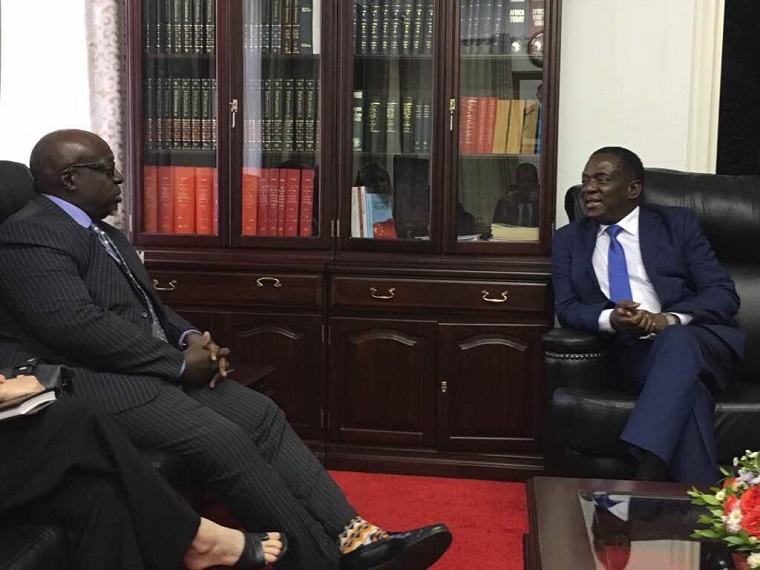 Zimbabwe, a land of unparalleled beauty and infinite potential, is again under democratic and economic siege. Armed men are removing residents from their homes. Unknown assailants have burnt the headquarters of the leading opposition party, the Movement for Democratic Change.
Zimbabwe, a land of unparalleled beauty and infinite potential, is again under democratic and economic siege. Armed men are removing residents from their homes. Unknown assailants have burnt the headquarters of the leading opposition party, the Movement for Democratic Change.
Supermarkets are struggling to stay open and cannot refill their shelves. Medicine is scarce. Zimbabweans can fill up with fuel only if they are willing to wait in miles-long queues or are lucky enough to have friends with connections.
The government often shuts down the internet, denying people access social media. Many Zimbabweans fear another military takeover. Southern Africa’s stability is at risk as impoverished citizens flee.
In an act reminiscent of the treatment of Dr. Martin Luther King, Jr. in the United States in the 1960s, the human rights activist, Pastor Evan Mawarire, has been unjustly jailed for calling for a non-violent strike, a basic human right which is legal under Zimbabwe’s Constitution.
These developments contrast with the euphoria and hope I witnessed as the U.S. ambassador to Zimbabwe in November 2017, when former president Robert Mugabe resigned after ruling for 37 years.
Zimbabweans are savvy. They knew that the military forced Mugabe out to protect themselves, but placed hope in President Emmerson Mnangagwa’s pledge to hold free and fair elections and rebuild the moribund economy. They held this hope despite his history of human rights violations, particularly the “Gukurahundi” genocide of the 1980s that claimed the lives of thousands of Ndebele people in southern and western Zimbabwe.
In August 2018, Mnangagwa was returned to office for a full five-year term in an election whose outcome the Zimbabwean and international human rights community question. The post-election violence that led to the shootings of six people marred the results, although a commission led by former South African president Kgalema Motlanthe blamed the military, largely cleared government leaders and declared the polls free and fair.
Many Zimbabweans, eager to have their economy rebound and provide much needed jobs, welcomed the stability which they hoped Mnangagwa, the military and newly-appointed financial advisors could provide. This faith was coupled with a near-unanimous call for the removal of targetted sanctions imposed by Britain and the U.S., the latter under the Zimbabwe Democracy and Economic Recovery Act of 2001 (Zidera).
Continued next page
(243 VIEWS)


